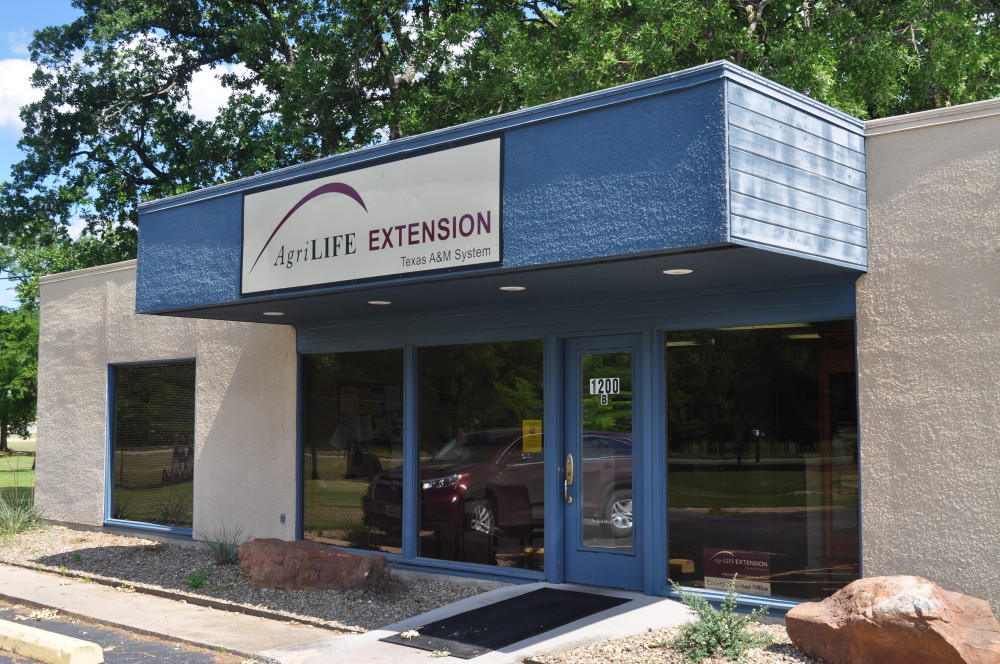
When forage is scarce, cattle will often search for alternative food sources. According to Dr. J. Powell, Extension Veterinarian in U-Arkansas when cattle are frequently grazed on pastures that may contain oak timber, the possibility exists for cattle to consume acorns. When cattle head to available timber ground and wooded lots around the farm in search of grazing or browsing during the fall, hungry cattle will frequently eat acorns dropped by oak trees. If these acorns are overconsumed, they have the potential for fatal poisoning. Tannins are the toxic agents found in acorns. Consumption of tannins can lead to gastrointestinal problems, severe kidney damage and death. Some cattle may consume acorns and experience no ill effects, while others suffer severe disease. The best practice for prevention of acorn poisoning is to keep cattle from coming in contact with the acorns. Fencing off an area where oaks are prevalent is the best way to prevent exposure. If that is not possible, supplementing the cattle with feed that contains 10 per cent hydrated lime(calcium hydroxide) will lessen the hazard of acorn poisoning. Hydrated lime should be placed in a mixed ration because it is generally unpalatable to cattle. For more information on this or any other agricultural topic please contact the Hopkins County Extension Office at 903-885-3443 or email me at [email protected].
Coming Up:
Homeowner Maintenance of Aerobic Treatment Units, January 22, 2020. Register by January 7, 2020. Cost $125 lunch included. Register by calling 903-885-3443. Minimum 20 participants for the class to make.








